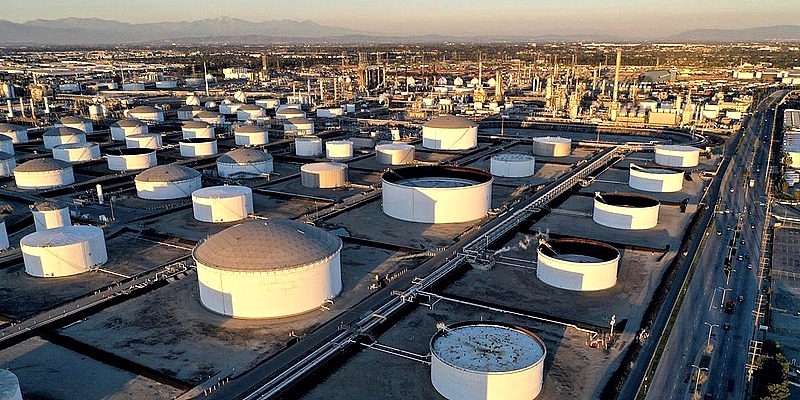The draft Integrated Energy and Power Master Plan (IEPMP) has some positive aspects but ignored renewable energy and favored expensive Liquefied Natural Gas (LNG) and coal.
It projects very high electricity demand in 2040-2050 based on ambitious growth forecasts, which are sometimes made out of “political biases”, said the Center for Policy Dialogue yesterday.
Tokyo-based consulting firm Institute of Energy Economics has been working on the IEPMP following an agreement between the Bangladesh government and Japan International Cooperation Agency (Jica) in March last year.
Jica was supposed to complete the formulation of the IEPMP by December this year. The master plan would be complete by March 2023.
“We found that in some cases, the report mentioned coal as clean energy after using carbon capture technology which is absolutely unacceptable,” said Khondaker Golam Moazzem, research director of CPD while addressing a media event titled “Draft IEPMP: Can it Achieve Clean Energy Targets?” at the CPD office in Dhanmond.
He said the draft assumed that Bangladesh would be a rich country by 2041 and the per capita income would be $12,000. It projected power demand to be over 90,000MW by 2050.
“Such a highly ambitious target may be political and the government should backtrack and the master plan should include a mid-term targets,” he said
It is also “suspicious” that the government has moved away from its stance of not mining coal in the country, he said.
The CPD study found that the draft emphasized on gas-fired plants but did not mention the potential of local gas. The government wants to build a “power hub” in the south which would be mainly LNG-based.
“It should be based on renewables,” said Moazzem. He said the government should keep its eyes on the commitment of net zero carbon emissions by 2050 and 40 percent renewable power sources by 2041.
“Forty-percent of 90,000MW is 36,000MW which will be impossible [to generate]. But if the master plan sets the demand at 45,000MW, the renewable portion will be 16,000MW, a more realistic target,” he said.
Currently, the country has 60 percent overcapacity which is burdening the government with capacity payments, the CPD said.
Moazzem also disapproved of the notion of hiking power prices by withdrawing subsidies. The government should rather go for a plan to retire expensive rental and quick rental power plants and reduce the cost of power generation, he said.
He also said the draft plan did not talk about energy costs.
Referring to the interim report of the plan, Moazzem said if Bangladesh invested in renewables, per unit electricity cost would be only 2 cents in 2050 while the cost of gas-fired power would be Tk 6.2 cents, coal-fired 4.7 cents, nuclear 5.3 cents, ammonia-based 17 cents, hydrogen 14 cents, and LNG would be 8.4 cents.

If the government phases out diesel-fired power plants now, it would save $2.5 billion in the first year, $7 billion in the second year and $6.3 billion in the third year. The government needs to invest $16.2 billion for potential renewable energy, according to the CPD presentation.
Moazzem said it was a good thing that Jica engaged an institute to prepare the plan and conduct primary discussions with the civil society, academia, and think tanks.
“But more intensive discussions with stakeholders is needed before the plan is finalized.”
He said interim report of the draft was better than the previous one. “But Thailand, Vietnam, Japan and Sri Lanka are moving ahead with even better plans.”
Moazzem praised the government’s move to shut down all diesel power plants, allow the private sector to import oil and gas, and making announcements that schools would have rooftop solar panels and irrigation would be done with solar power instead of diesel.
He said it needs to be clarified whether these are for the crisis period or a long-term plan.
CPD Executive Director Fahmida Khatun said, “… It is possible to save a lot by ensuring good governance in the energy sector.”
“The master plan should be prepared only with the interest of the people and the country in mind, not in the interest of any internal or external groups,” she added.
Research associates of the study Helen Mashiyat Preoty, Shiyan Sadik and Moumita A Mallick also spoke at the event.
ADVERTISEMENT
ADVERTISEMENT








































